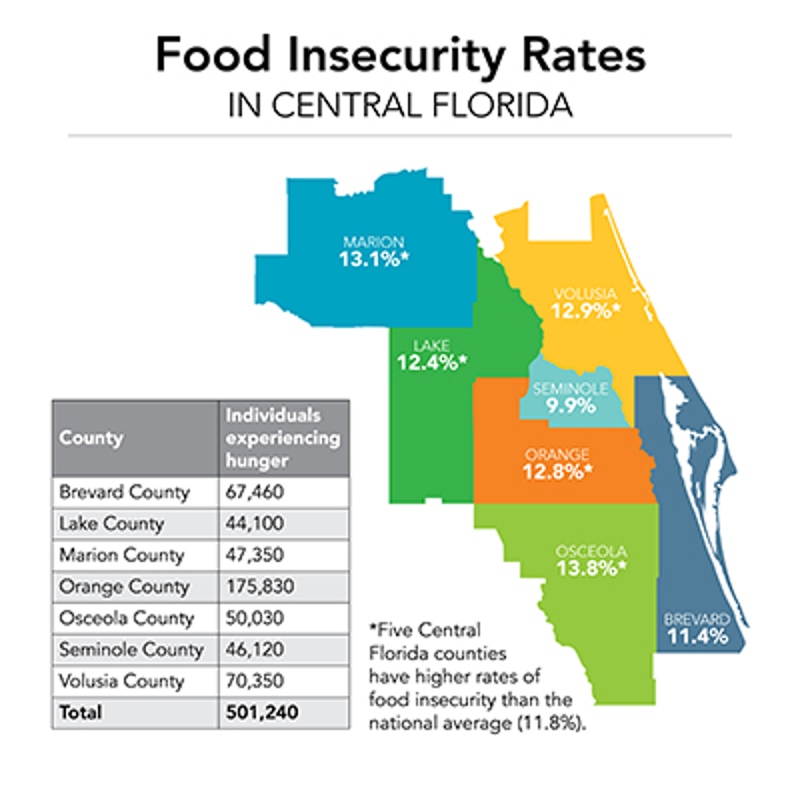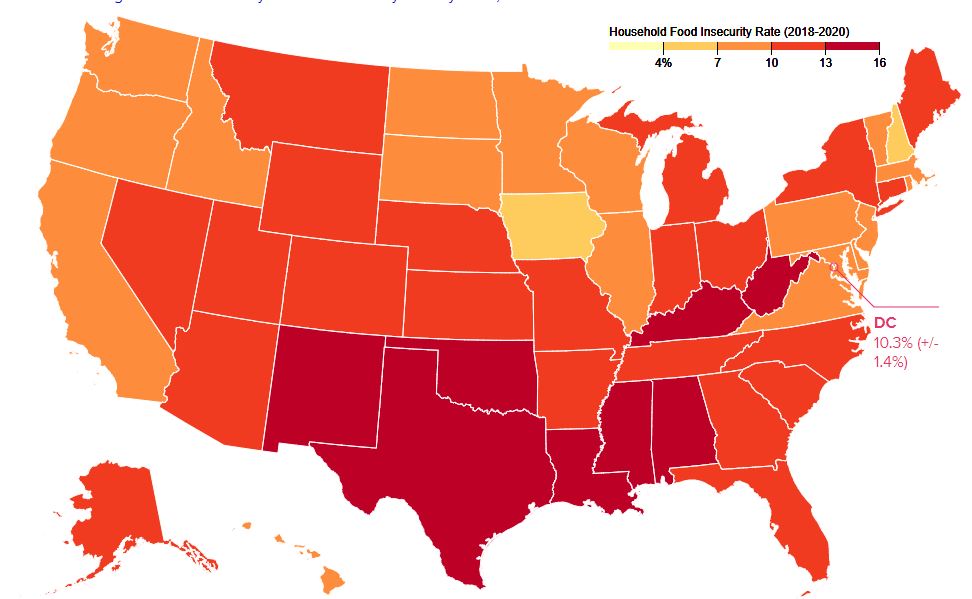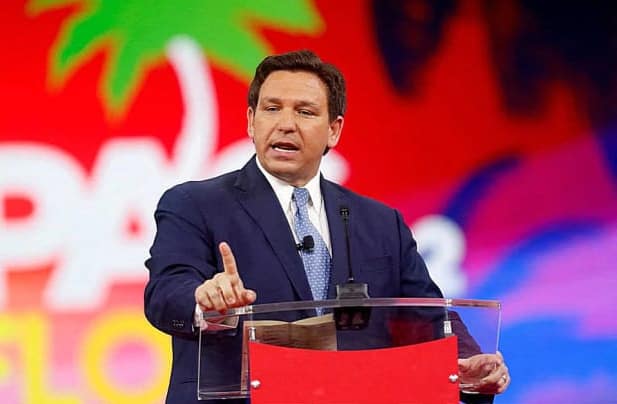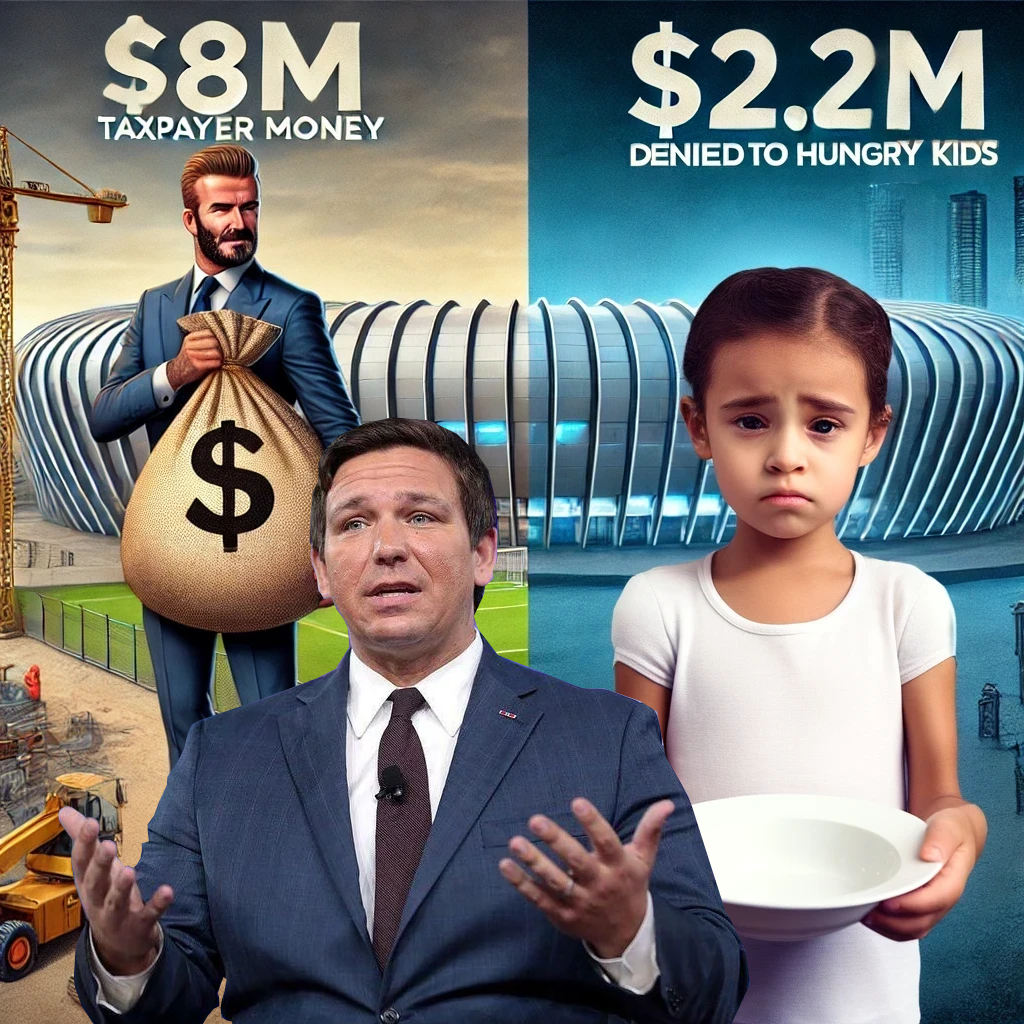In a move that has raised eyebrows and ignited controversy, Florida Governor Ron DeSantis recently announced an $8 million infrastructure grant for Miami Freedom Park, the upcoming stadium for Major League Soccer’s Inter Miami. Set to open in 2026, the stadium will benefit from state funds earmarked for constructing a road around the 25,000-seat facility near Miami International Airport. The grant comes from Florida’s Job Growth Grant Fund, which is designed to support infrastructure projects that promise to boost economic development.

While the state is willing to invest millions in a sports venue, a parallel story of neglect is unfolding for Florida’s vulnerable children. Despite the state’s significant food insecurity crisis, with nearly 3 million Floridians facing hunger, including over 800,000 children.

Governor DeSantis opted out of a federal program designed to alleviate summer hunger for low-income children. The Summer Electronic Benefit Transfer (EBT) program, fully funded by the federal government, would have provided $120 per child over the summer months when school meals are unavailable.

The $2.5 billion program, created by Congress, was intended to help low-income families cover the cost of groceries during the summer. Families earning up to 185% of the federal poverty level could have received assistance through EBT cards, usable at SNAP-participating stores. Despite the clear benefits, Florida, along with 12 other Republican-led states, rejected the program. The state’s refusal was justified by concerns over administrative costs and an aversion to what the administration termed “welfare expansion.”

Adding to the controversy, Inter Miami CF, the soccer club benefiting from the state’s $8 million grant, is co-owned by David Beckham, whose personal net worth stands at around $450 million. Beckham, an English former professional footballer, serves as the president and co-owner of Inter Miami CF. The decision to funnel public funds into a stadium project associated with a figure of such immense wealth has drawn further criticism, with many questioning the state’s priorities.

Critics of DeSantis’ decision are quick to point out that the administrative costs of the Summer EBT program are relatively minor when weighed against the program’s potential to reduce childhood food insecurity. For instance, Iowa, which accepted the program, estimated its administrative costs at just $2.2 million—a small price to pay for ensuring that thousands of children do not go hungry during the summer.

Defenders of the Governor’s decision argue that Florida’s network of food banks and distribution centers are sufficient to meet the needs of low-income families. However, advocacy groups and experts vehemently disagree, emphasizing that these existing resources are not enough to fill the gap left by the absence of the Summer EBT program. They argue that the program’s benefits far outweigh the costs and that the refusal to participate only exacerbates food insecurity among Florida’s children.

DeSantis’ stance contrasts sharply with other states that initially opposed the program but later reversed their decisions. Louisiana, Nebraska, and Vermont, for example, chose to participate after recognizing the program’s potential to drastically reduce childhood hunger. Louisiana even allocated $3.6 million to cover its share of the administrative costs, while Vermont secured a federal waiver to manage these expenses.

Even as Florida’s government stands firm in its decision, the rejection of the Summer EBT program has left many low-income families scrambling to make ends meet. This choice has put Florida at odds with several other territories, tribal nations, and Republican-led states that have embraced the program, seeing it as a crucial lifeline for their most vulnerable populations.

As food insecurity continues to rise across the nation—affecting approximately 17 million households in 2022 alone—the absence of the Summer EBT program in Florida underscores a broader debate about federal aid and welfare programs. The USDA’s decade-long evaluation of the program found it significantly reduced childhood food insecurity and promoted healthier diets, making the state’s rejection of it all the more perplexing.

Governor DeSantis’ decision to allocate millions to a soccer stadium while rejecting much-needed food aid for children has sparked significant debate about Florida’s priorities. As the summer draws to a close, the consequences of this decision are becoming painfully clear for the state’s most vulnerable families. Advocates continue to push for a reconsideration, urging the state to adopt more comprehensive solutions to address the persistent issue of food insecurity.

In the end, the question remains: Should Florida’s leaders prioritize infrastructure for professional sports over ensuring that its children do not go hungry? For many Floridians, the answer is becoming increasingly clear.





